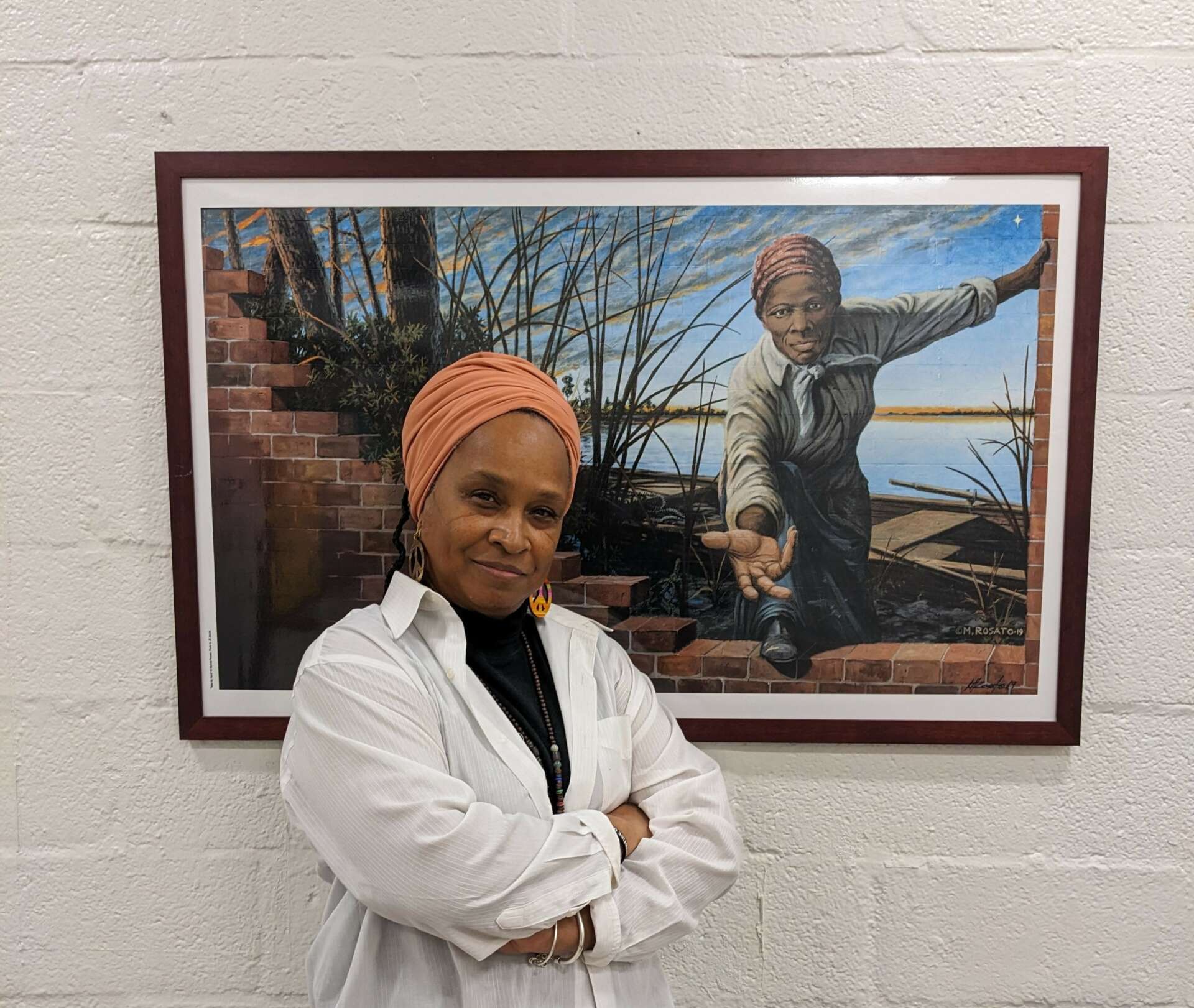We were lucky to catch up with Iqrama Muhammad recently and have shared our conversation below.
Iqrama, thanks for joining us, excited to have you contributing your stories and insights. We’d love to have you retell us the story behind how you came up with the idea for your business, I think our audience would really enjoy hearing the backstory.
The PEACES Collective is a non-profit 501(c)(3) organization with a mission to embrace and promote our heritage as makers to build leadership and thriving communities through cooperative economics and education. In 2010 the media company that I worked for was downsizing and I found myself without a “job”. The good news was that I was faced with the opportunity and blessing to choose to do something I loved, spend my days building and serving my community. My biggest question was how to do that and support myself. I knew I wanted to have a non-profit so that the focus could be people centered. I also knew that there had to be an economic component that would ensure the organization’s survival and independence. I needed products to sell. I relied on a skill that my grandmother, Frances Robinson, had taught me many years ago, sewing. I started out with an idea I had while volunteering at a thrift store, recycling fabrics that would ordinarily be discarded and would wind up in landfills, to make fashionable tote bags. As I attended craft markets, I met other people like me who crafted handmade items and were concerned about the problems in our community. It was then that I established the TPC business model. We would provide a platform for local makers to contribute to local communities. And we would use a portion of the proceeds to establish community programs that improve our communities.
The PEACES Collective combines entrepreneurship, community service and sustainability. And by leveraging my passion for sewing and repurposing fabrics, and joining with other makers, we’ve established a business model that not only supports local makers but contributes to the betterment of the community.
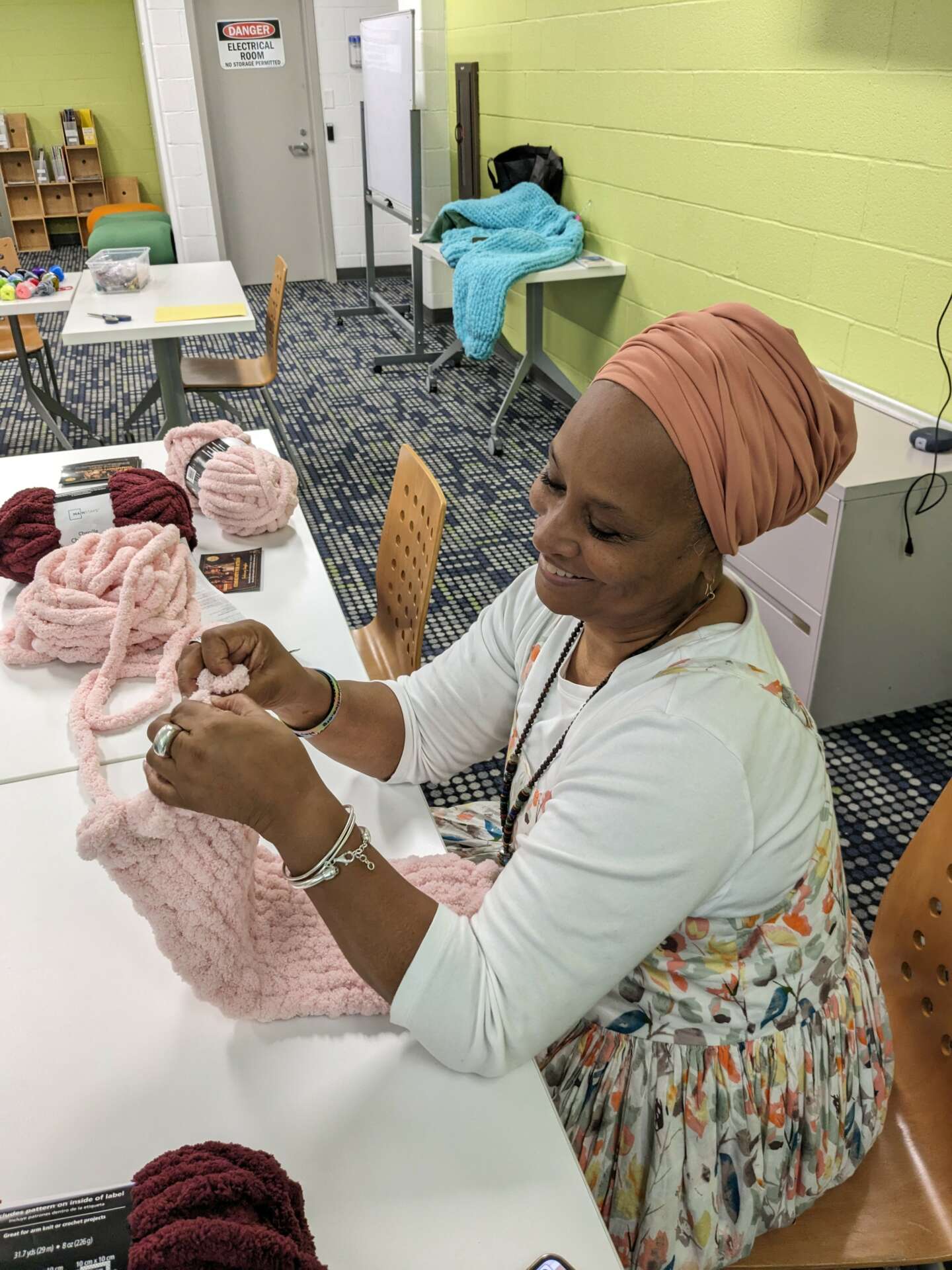
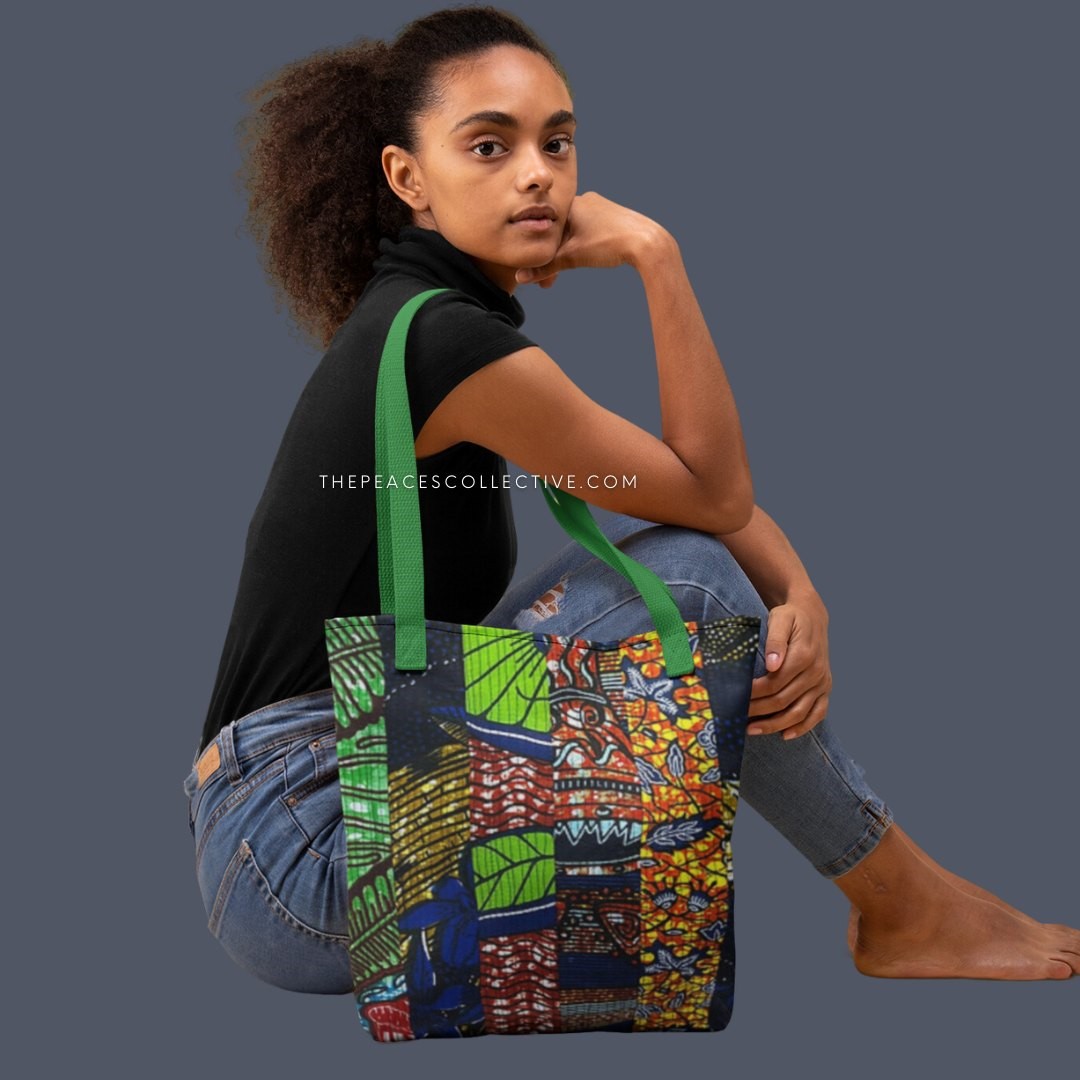
Awesome – so before we get into the rest of our questions, can you briefly introduce yourself to our readers.
My journey into the sewing and textile industry was rooted in cherished memories of learning to sew with my grandmother, Frances Robinson. Early experiences observing my grandmother and my mother transforming fabrics into beautiful items left a lasting impression on me. I wouldn’t know how much until life led me to a crossroads in 2010 and I embraced sewing as not just a skill, but as a catalyst for change. Channeling the skills and lessons passed down to me, I found a way to combine my re-found love for sewing with a heartfelt desire to serve and help uplift my community. I established a small business, PEACES, selling handcrafted tote bags and accessories at local markets and soon I had many requests to teach sewing to beginners. Eventually, I formed and became the executive director of The PEACES Collective. We are a collective of local makers who unite to sell unique, handcrafted, budget-friendly products. In addition, I am currently the teaching artist for sewing at Jubilee Arts, a community program that provides arts opportunities to the residents of the Sandtown-Winchester neighborhoods. And I teach sewing to youth at after-school programs in Baltimore. I am most proud of the programs we’ve cultivated that stand as pillars in our mission to serve the community. Among them, Wisdom, Wellness & Wealth, a platform that embodies our commitment to education and cultural awareness through seminars and workshops. SpREAD the Word is another endeavor close to my heart, striving to foster a love for reading, learning and knowledge of self among children and their caregivers. But perhaps what resonates with me the most is Sewing for the S.O.U.L., a curriculum that transcends stitching into a transformative journey aligning sewing skills with life lessons and personal growth. We firmly believe that sewing, as other traditional handcrafted arts, is not solely craft but vehicles for personal development and leadership. These programs not only impart skills and experiences but instill a sense of increased confidence, power, and community for all participants.
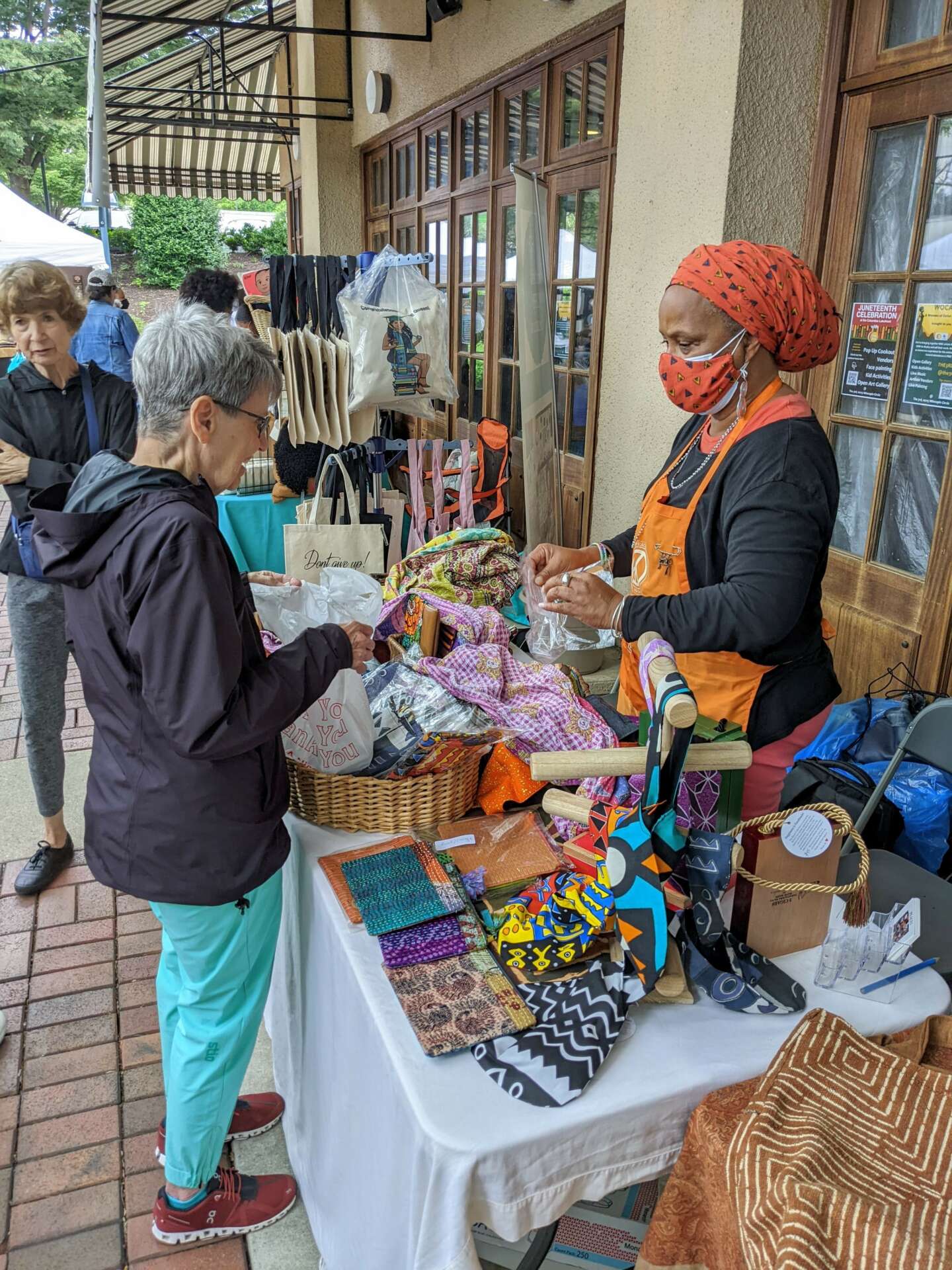
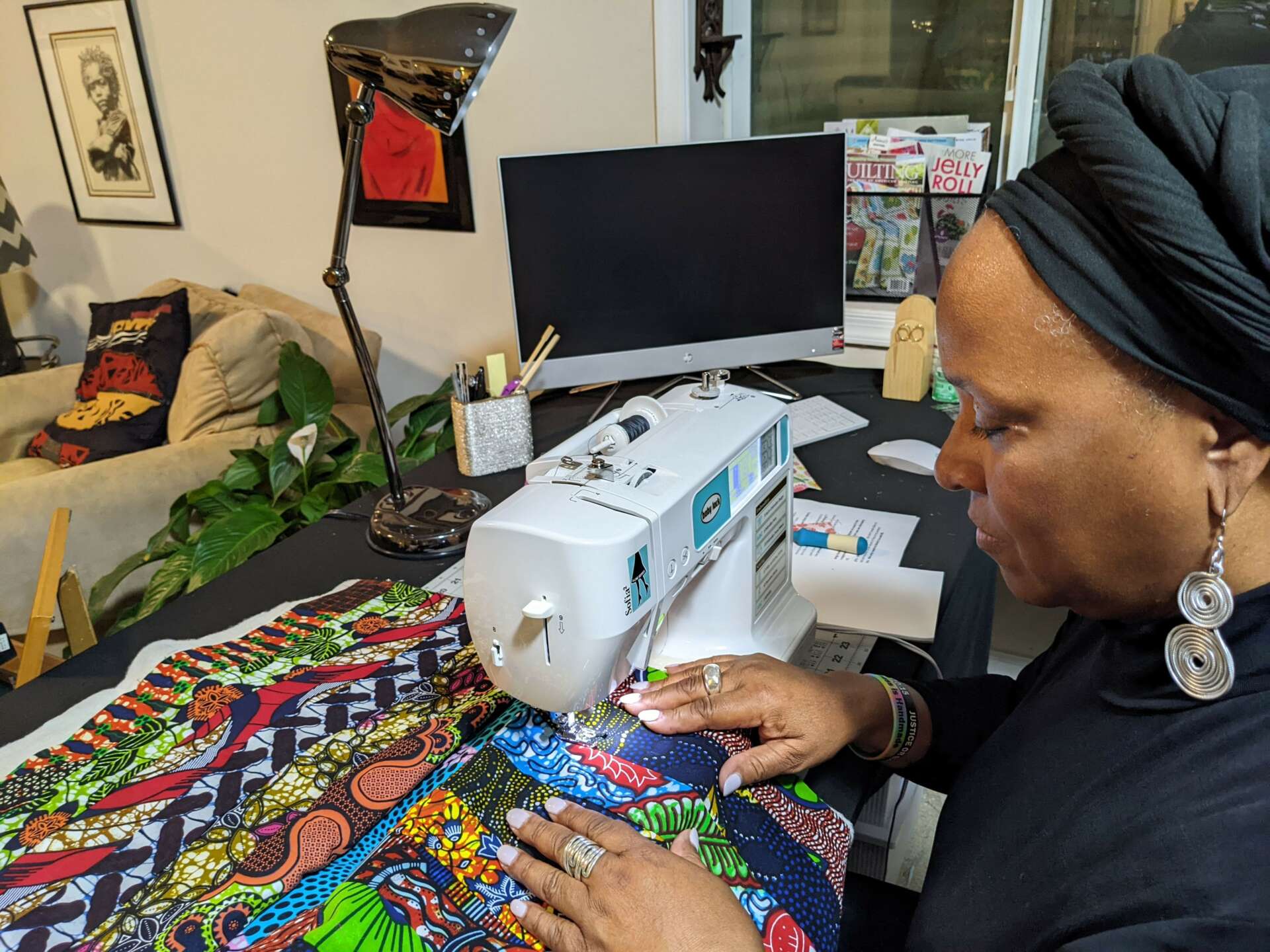
Can you tell us about a time you’ve had to pivot?
Like many other businesses in 2020, the pandemic caused us to have to pivot. We started our SpREAD the Word literacy initiative at the end of 2019 to help encourage literacy. After a conversation over tea with a friend who is a librarian, we decided to start placing mini libraries in places where our community gathers, like barber shops and salons. We were just gaining momentum in terms of recruiting locations when the pandemic hit and we were forced to shut down. We were able to continue our Wisdom, Wellness and Wealth program virtually. However, the SpREAD the Word program had to be put on hold. The good news is we are re-launching SpREAD the Word and expanding it from the mini-libraries in public places to partnering with Head Start programs to bring home libraries to children from birth to 5. Disturbingly statistics show that only 31% of U.S. 8th graders in public schools, can read at “proficient” levels. It also states that 83% of Black 4th graders and 84% of Black 8th graders lack reading proficiency. Studies also state that children from lower income homes have less access to books. Because of this, there are fewer home and preschool language and literacy opportunities. Research also indicates that the number of books in the home correlates significantly with higher reading scores for children. We believe our partnership with Head Start programs is a way to impact this literacy crisis.
To prepare for this program in 2024, we are hosting the Community for Action Fundraiser Reception on December 2, 2023. For more information or to support please visit https://www.thepeacescollective.org/events/community-for-action
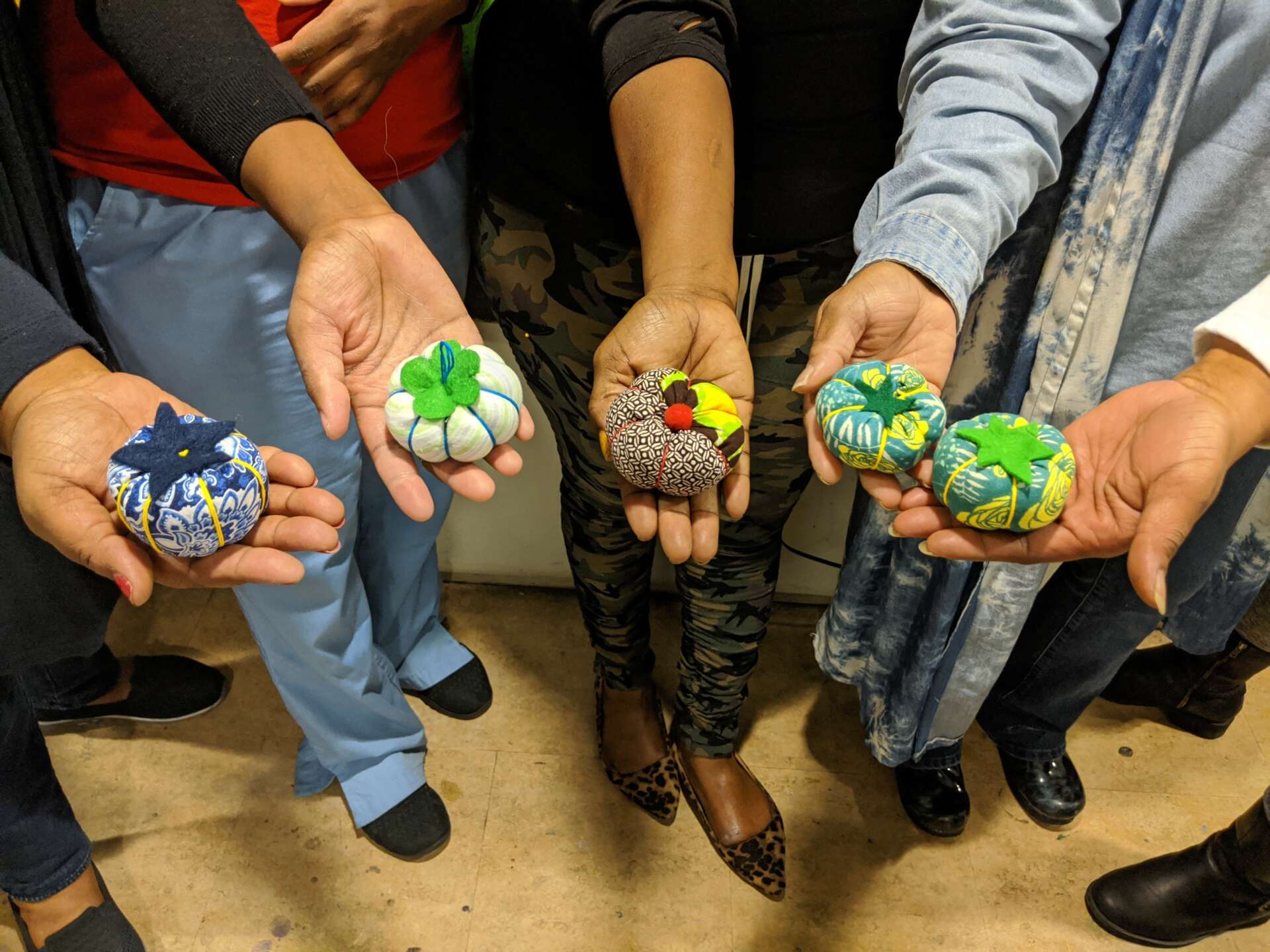
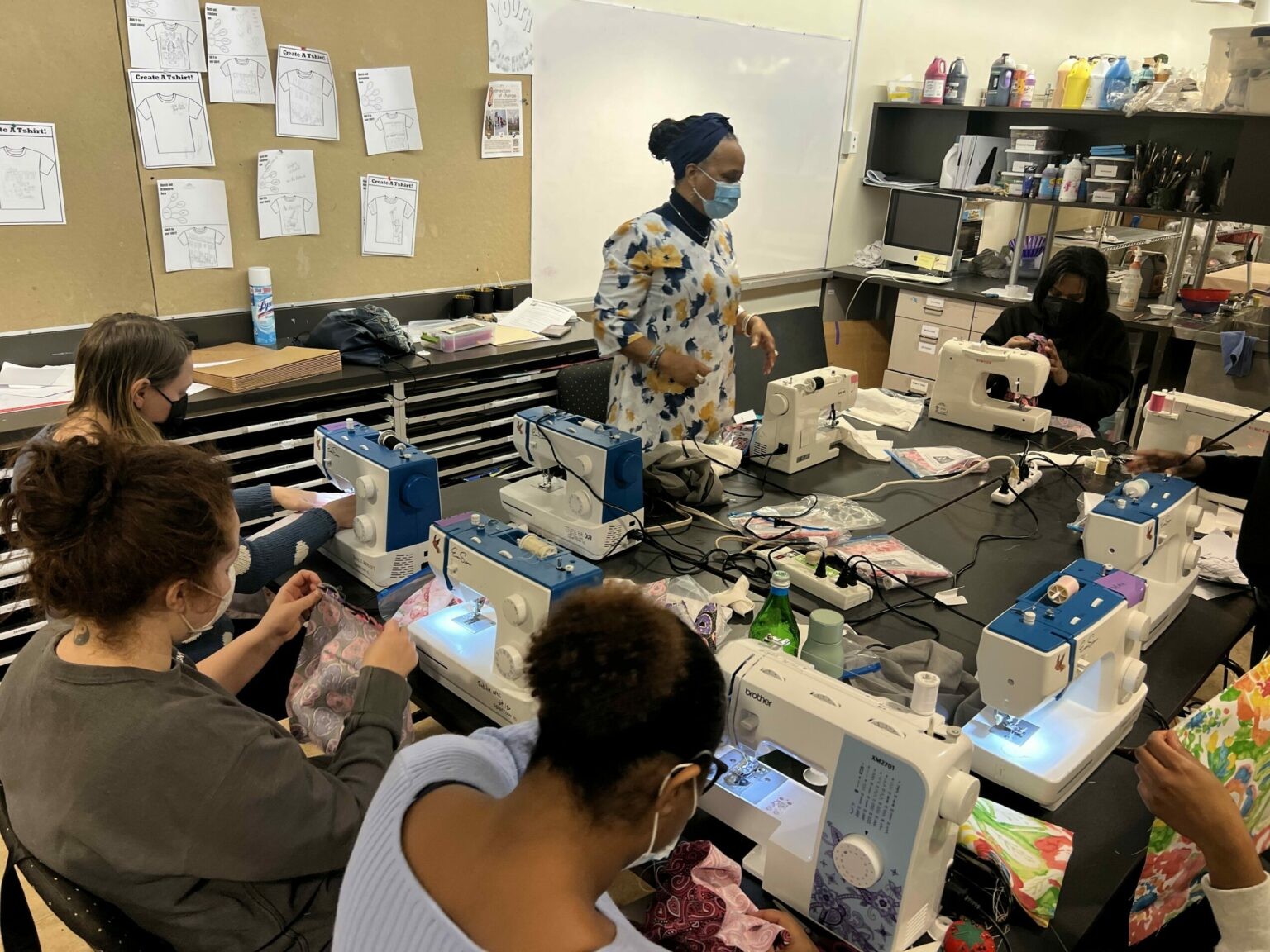
Have any books or other resources had a big impact on you?
One of the books that has significantly impacted me most recently is “Collective Courage., A History of African American Cooperative Economic Thought and Practice,” by Jessica Gordon Nembhard. In the book she chronicles African American cooperative business ownership and its place in the movements for civil rights and economic equality. When asked in an interview, why blacks started getting involved in cooperative economic activity Nembhard replied,
“African Americans started using cooperative economics from the moment they were forcibly brought to the Americas from Africa, at first for practical reasons. They realized that their survival depended on working together and sharing resources. They had collective traditions from the African nations and civilizations they came from, that they applied in the Americans when they could.”
This perspective of unity and collaboration speaks volumes in today’s landscape. Recognizing the strength and potential of collective efforts not only builds trust but equips us with the skills and experiences crucial for addressing economic and societal issues.
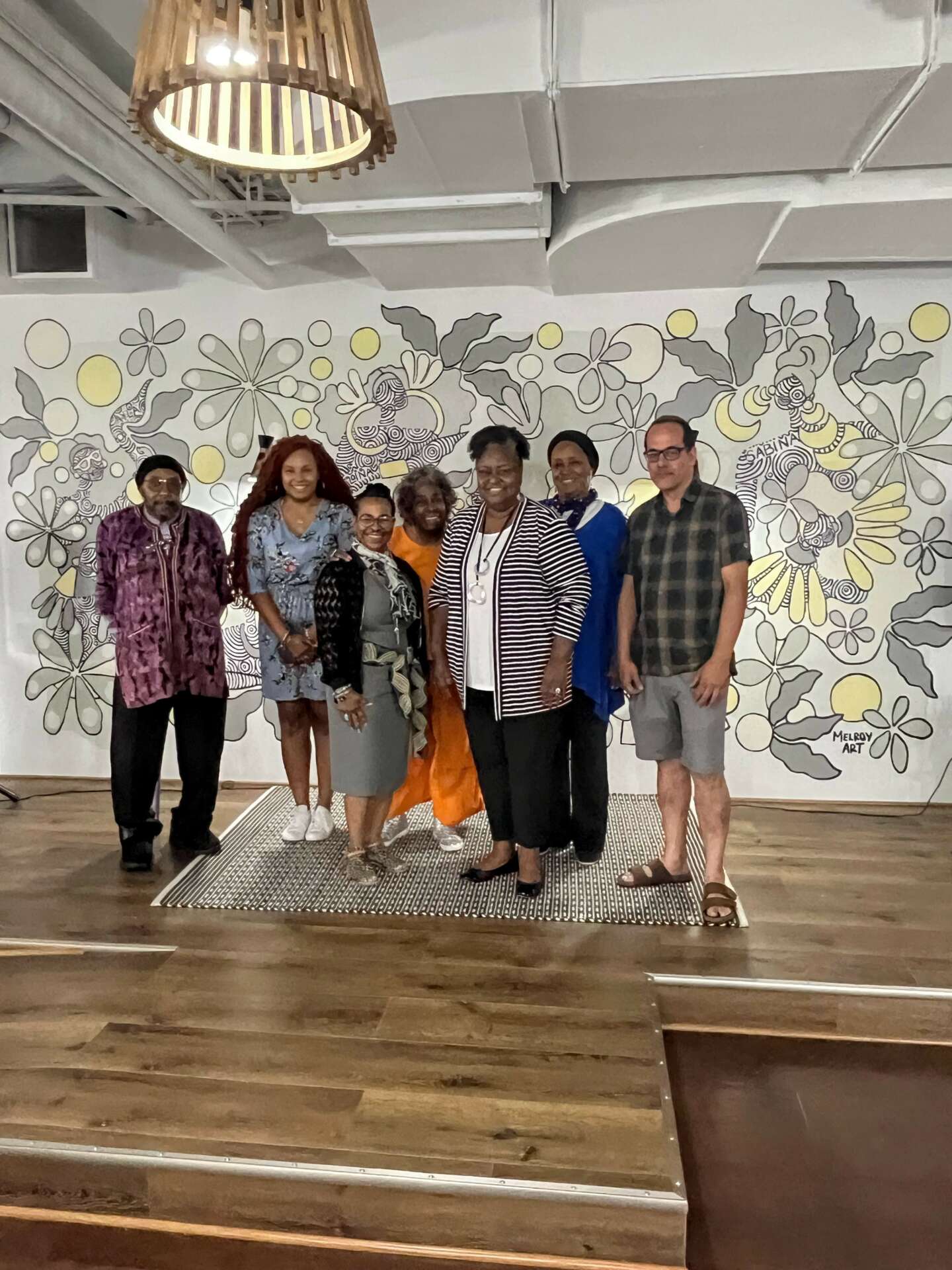
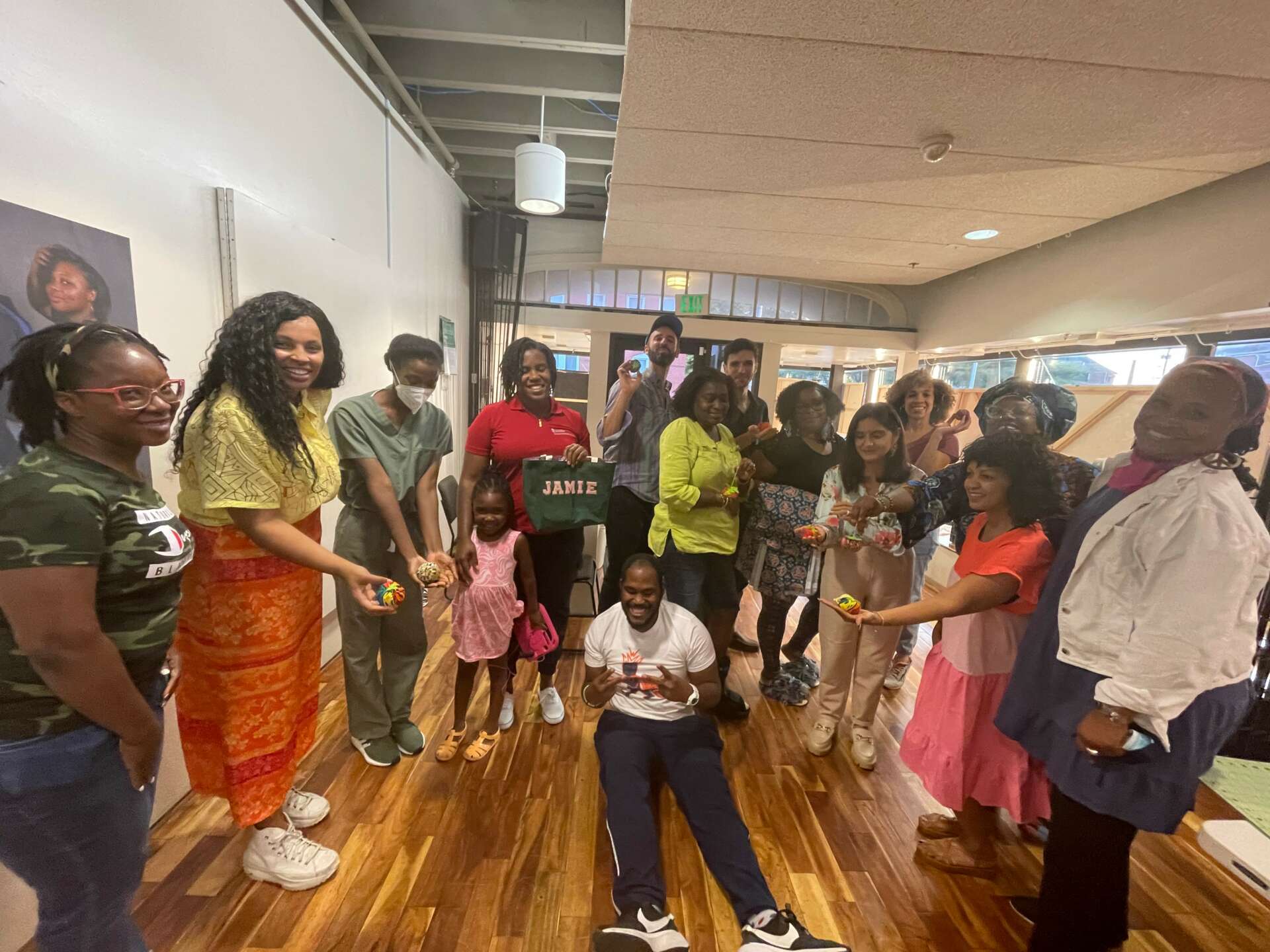
Contact Info:
- Website: Thepeacescollective.org
- Instagram: Instagram.com/ThePeacesCollective
- Facebook: Facebook.com/ThePeacesCollective


